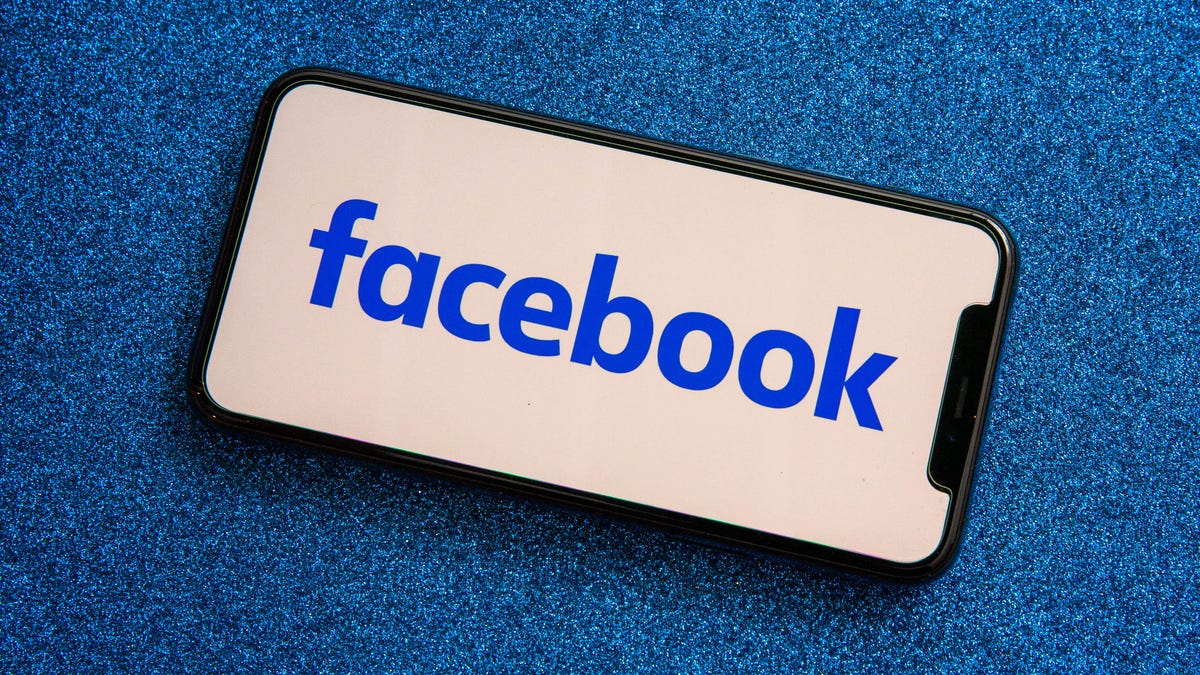Facebook to end targeted ad options for 'sensitive' topics
The move comes as lawmakers and others question the social network's practices.
Facebook will stop letting advertisers target people based on their potential interest in "sensitive" topics such as race, ethnicity, political affiliation, religion or sexual orientation.
The giant social network, which recently rebranded itself Meta, said on Tuesday that targeting by those and similar topics would be phased out on Jan. 19, 2022. Facebook said its decision to end the service was influenced in part by worries that the targeting, part of what's known as Detailed Targeting options, could be misused.
"We've heard concerns from experts that targeting options like these could be used in ways that lead to negative experiences for people in underrepresented groups," Graham Mudd, vice president of product marketing, wrote in a blog post.
The change will affect "thousands" of tags, a spokesperson said. The changes will take place globally.
The decision to end targeting on some topics, which is based on whether a user has interacted with content that falls under a given subject area, comes as Facebook slogs through one of the most difficult patches in its history. The company has been the subject of a series of withering stories in The Wall Street Journal and elsewhere based on leaked internal documents that suggest the company was aware of the harm its products were causing but prioritized profits. The findings from the documents have revived scrutiny by US and UK lawmakers.
Facebook is an advertising behemoth, raking in nearly $90 billion a year largely because of its ability to effectively target promotional material.
Correction, 4:48 p.m.: Recasts to correct error in interpretation of Facebook's statement.


